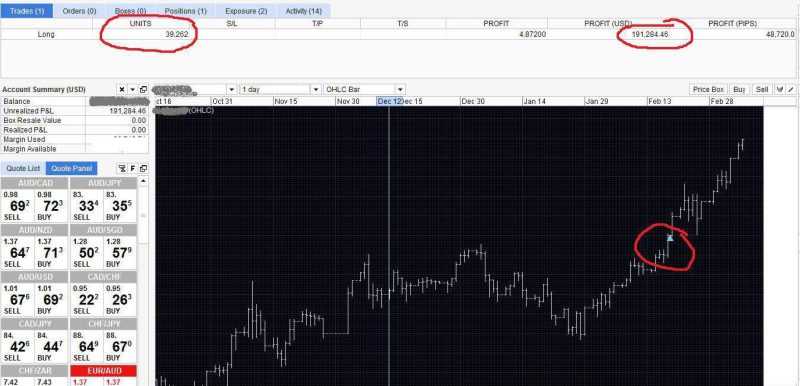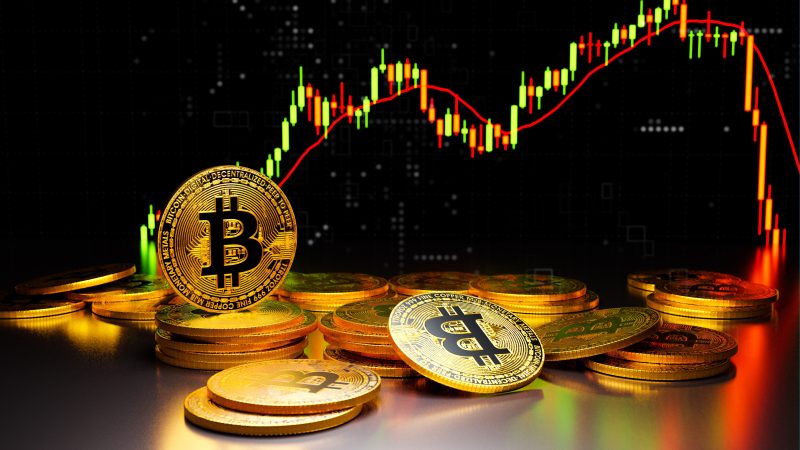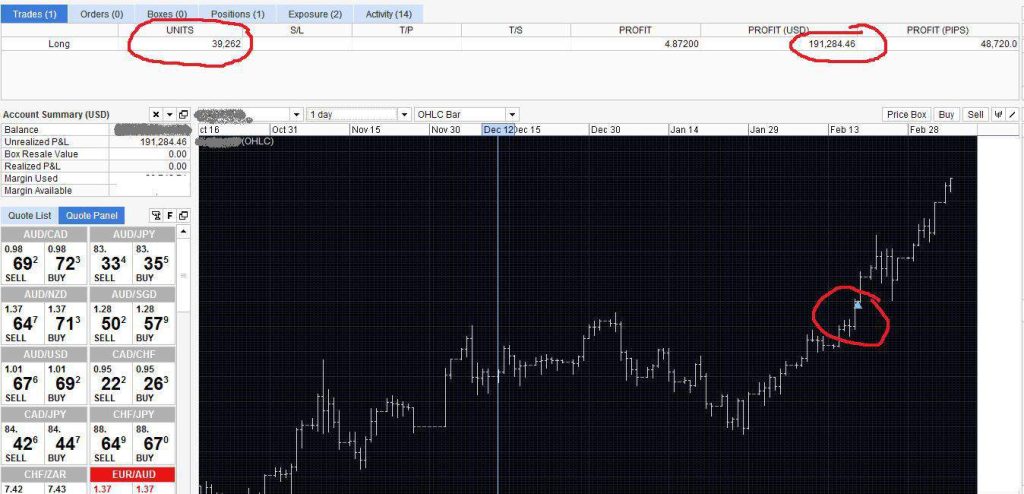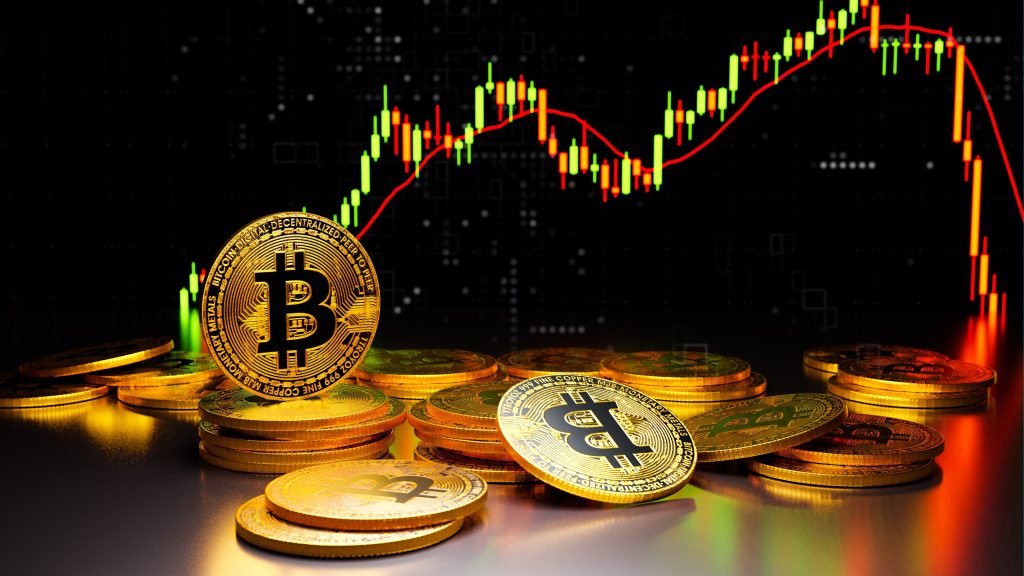Forex trading has grown a lot, especially in the last decade or so. Traditionally forex trading (foreign exchange) was reserved for central banks, large hedge funds, and a few wealthy investors. Today anyone can take part in the buying and selling of foreign currencies. This has been made possible by forex brokers.
Initially, it was almost impossible for the average person to get into forex trading as the minimum entry lot size was too high. Today, forex brokers have reduced that to a manageable lot size. This allows both the wealthy and the average person to take part in foreign exchange.
Forex brokers can now manage and hold a trader's account, assess risk for their liquidity providers and offer buy and sell quotes to their clients. This is made possible by what we refer to as ECN forex trading.
In this article, we will take you through what (or who) an ECN forex broker is, what roles they play, and how they make ECN forex trading possible. Also included outlines what ECN forex trading is and as a bonus a few ways to determine if a forex broker is an ECN forex broker.
Also Read: The Best Forex Trading Tips
Contents
- Who is an ECN Forex Broker?
- What is an ECN Trading Account?
- What is ECN Trading?
- How to Verify an ECN Broker?
- ECN Brokers vs Dealing Desk Brokers
- ECN Brokers vs STP Brokers
- Advantages of Using an ECN Broker
- Disadvantages of ECN Trading
- Closing Thoughts
- FAQs
Who is an ECN Forex Broker?
The forex market is not as centralized as one may think and does not work on a central exchange platform.
Instead, it exists on the Interbank market. This is where the central banks trade currencies to provide liquidity to the foreign exchange market. Due to the large volume involved the average trader cannot participate in this market. For an average trader, the only way to participate in forex exchange is via market maker brokers or through ECN forex brokers.
To understand who an ECN forex broker is and what exactly ECN trading is you need to understand what the initials ECN stand for.

ECN is a short form for “electronic communication network”. Therefore, an ECN broker refers to a financial entity that connects different clients across the globe using an automated electronic communication network. These clients could be; other brokerage firms, banks, and individual traders.
The best ECN forex brokers usually work with different classes of market participants. They match and consolidate market prices for different commodities, indices, and currencies from the various market participants. For this reason, they can conveniently offer smaller spreads to smaller traders and bank traders, regardless of their account size.
To be able to facilitate this service, the best ECN brokers charge a fixed commission for every trade/transaction. Unlike market brokers who trade against their clients, a real ECN broker does not get into trading. Their sole purpose is facilitating transactions in the forex market.
What is an ECN Trading Account?
Simply put, an ECN trading account allows retail traders direct access to the global forex market via an automated network. The account exists on an ECN broker's platform. The ECN account allows you to bypass third parties while trading. These third parties could either be market brokers or market makers.
This contrasts with the traditional trading account in that you are not trading with a market maker or market maker.
To illustrate, say you wanted to buy Company A’s stock at a given price. Traditionally, you would have to trade directly with a market maker/broker. A major disadvantage of this and a factor that motivated the formation of ECN trading is that the market maker could always trade against you (their client) if they so wished. Trading on both sides of a specific trade would earn them profits from the bid/ask spreads.
Through an ECN account, you can buy Company A's stock directly from a seller or a group of sellers who are selling Company A's stock.
What is ECN Trading?
Simply put, ECN trading involves trading in the forex market through an ECN brokerage platform. The platform electronically matches buyers and sellers who want to trade within similar terms.
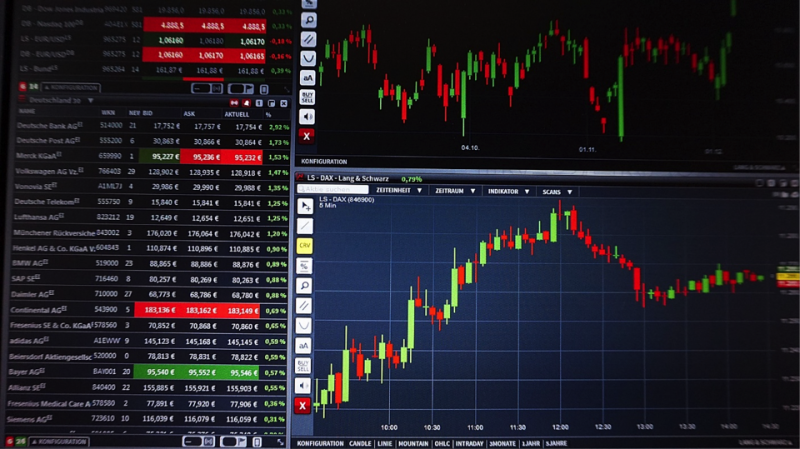
To illustrate, we will use the EUR/GBP currency pair. Imagine you wanted to purchase the GBP at 0.8500. Your ECN broker will then match your transaction with another trader who intends to sell within similar terms. This is made possible by the electronic communications network.
ECN forex brokers broker benefit from the commission charged for the transaction. Even though ECN brokers offer tighter spreads compared to market makers, this commission is included in the spreads. The spread is simply the difference between the buying and selling price of a specific currency or commodity.
Today, ECN trading is crucial to the foreign exchange industry. It has largely contributed to the ECN account rising in popularity, especially in the last decade.
Also Read: A Complete Guide To Your Trading Plan
How to Verify an ECN Broker?
ECN brokerages have gained a lot of popularity over the last few years. This has come with its fair share of challenges. Recently regular brokers (market makers) have started offering similar trading accounts as well. Some also claim to be true ECN brokers while in the real sense they are not.
They do this mainly because traders are attracted to ECN trading as it has a lot of advantages compared to traditional brokers. One main advantage is that in the case of ECN brokers there is no conflict of interest. The same cannot be said for unregulated brokers as they trade against their clients in a bid to maximize profits.
To this effect, it is now necessary to confirm and verify that an ECN broker is offering direct access trading opportunities. The following are some ways you can do that.
NB: There is no mainstream reputable ECN brokers checklist used to verify if a broker is a true ECN broker. The following are just some tips that can help you verify a broker's true status.
1. Trading Strategy Restriction
True ECN brokers do not put any restrictions on your trading strategies. A traditional broker, however, might have some restrictions on what strategies you choose to use for trading. This might be motivated by the fact that they sometimes trade against you.
2. Type of spreads
While the type of spread alone cannot be used to determine where a broker is a true ECN broker. It can come in handy. True ECN brokers offer variable ECN spreads whereas conventional brokers offer fixed spreads.
3. Spillage
Slippage occurs when you place a trade at the quoted price but the market is volatile and your trade gets filled with a different price. If you notice that the spillage is mostly negative, there is a good chance that the broker is a market maker and not an ECN broker and is not a regulated broker.
ECN Brokers vs Dealing Desk Brokers
Dealing desk brokers are also commonly known as a market making brokers . This is because they act as intermediaries between you as a retail trader and the larger interbank foreign exchange market (liquidity providers). This enables them to trade against you. While this might sound uncouth, it is completely legal.

Dealing desk brokers do not execute your order at the price of a liquidity provider, instead, they take the trade themselves and offer you different bids/ask quotes. This way they can maximize their profits. ECN execution on the other hand is quick and almost instant.
Compared to dealing desk brokers ECN brokers allow you to trade directly with other market participants. They only provide a platform for you to do so and do not in any way interfere with market prices.
Dealing with desk brokers gives you a few advantages over ECN brokers. These include:
Flexible
- Since dealing desk brokers control the market to some extent, they allow you to trade in smaller lot sizes. They are also very flexible in the amount required to open an account with them. This alone makes them attractive to new retail traders.
Stable spreads
- Compared to ECN brokers, dealing desk brokers can offer more stable spreads. They also do not charge a commission per trade.
Compared to dealing desk brokers ECN brokers offer more transparency. Take the issue of spillage (re-quotes) for example. It is almost impossible to distinguish a legitimate re-quote from a manipulated re-quote. Unscrupulous dealing desk brokers sometimes manipulate re-quotes to favor themselves and maximize their profits. This is known as price manipulation.
Dealing desk brokers can take longer to execute your trade while compared to ECN brokers. They may take time as they try to get a better market price quote for themselves in a bid to try to maximize their profits. This affects you as a retail trader as it will lead to a re-quote.
Overall, there are some pros and cons to using either a dealing desk broker or an ECN broker. Mostly ECN brokers are used by experienced traders while dealing desk brokers are used by newer retail investor accounts. Your trading style will also influence your choice of a forex broker.
ECN Brokers vs STP Brokers
In the recent past, ECN trading has gained massive popularity. This in turn pressured traditional brokerages to come up with a model in a bid to keep their customers. For this reason, traditional dealing desk brokers came up with the STP trading model.
The STP trading model is a is non-dealing desk broker model. It is often confused for the ECN trading model, hence the need to compare and contrast between the two.
The initials STP stand for “Straight Through Processing”. Just like ECN brokers, STP brokers pass your trade orders directly into the interbank forex market. They match your trade with market participants such as ECN brokers, STP brokers, banks, retail investor accounts, and/ or market makers.
STP brokers are also similar to ECN brokers in that they charge a fixed commission per trade and make profits from the bid and ask spreads.
There are two major differences between ECN brokers and STP brokers. These include:
- ECN brokers offer only variable spreads whereas STP brokers offer both variable and fixed spreads.
- Unlike ECN brokers who only match you with other market participants, STP brokers can also trade against you.
When choosing what type of broker to use between an STP broker and an ECN broker, you would need to consider:
- Trading capital–STP brokers require less capital to trade when compared with ECN brokers. ECN regulated brokers only make money from commissions earned per trade and therefore require larger account balances when opening an ECN trading account.
- Transparency–In terms of transparency, your best bet would be an ECN broker as they do not trade against you. This ensures that there is no conflict of interest like in the case of STP brokers who trade against their clients.
- Trading platform-Ensure that your choice of broker is compatible with your preferred trading platforms.
Advantages of Using an ECN Broker
There are several advantages of choosing to use an ECN brokerage over other NDD brokers. These include:
1. Conflict of Interest
ECN brokers do not trade against their customers. This ensures that there is no conflict of interest as the ECN broker will make an income regardless of the outcome of a client’s trade. This is one of the major upsides of using an ECN broker over non-ECN brokers.
2. Anonymity
ECN trading ensures that you maintain your anonymity as a trader as they only provide the electronic automated network. They cannot access your trading strategies as is the case for dealing desk brokers.
3. Tighter spreads
ECN trading offers little to no spillage. This is attributable to the fact that it offers almost instant and fast trade execution. ECN traders also lack the motivation to manipulate the bid/ask quotes as they are not market makers.
4. Speed
A good number of traders use the scalping strategy to trade in the forex market. To them, trades must be executed almost instantly if not instantly. ECN trading facilitates a speedy execution of trade orders. The electronic communication network which automatically matches various trades makes this possible.
Disadvantages of ECN Trading
1. Expensive
To begin with, unlike market maker brokers, ECN costs are higher. ECN brokers charge a fixed commission per trade. In the long run, this commission is very expensive to a retail trader. If a trader has been making more losses than profits, there is no way to offset the commission charges.
Secondly, opening an ECN trading account requires a minimum amount, which when compared with the standard trading account is very expensive.
Best Forex Broker
Closing Thoughts
There are many advantages of using top ECN brokers. However, there are disadvantages such as the higher capital amounts required to open an ECN trading account. While choosing ECN brokers to use it is crucial to understand your intended capital, trading strategies, trading fees, and trading aim. This will help you make an informed decision.
The information shared in this article should be considered educational and not as investment advice.
FAQs
Which forex brokers are ECN brokers?
Some of the popular ECN brokers in the country include:
- FXTM
- Robo markets
- Vantage FX
This ECN forex brokers list is not arranged in any form of merit or preference. It is completely random. These ECN brokers are popular in the US. If you are in the United Kingdom, Asia, Australia, or any other part of the world, they might not be as popular.
How do ECN brokers make money?
ECN brokerage firms charge a set commission per trade. This means that for every trade that takes place in the electronic communications network they get a fraction of the amount. They make money regardless of the outcome of a trade.
Which one is better; ECN or STP?
Both the ECN trading model and the STP trading model have their pros and cons. To answer this question, you would need to consider your intended capital, trading style as well as trading objective.
However, both ECN and STP offer transparency while trading and therefore are better compared to dealing desk brokers in that regard.
ECN and STP brokers are both non dealing desk brokers.
Is an ECN platform similar to an exchange?
No, though an ECN platform shares some similarities with a financial exchange platform, it is completely different. The key difference is that exchanges are governed by their own rules and regulations while ECN brokers are regulated by the government






